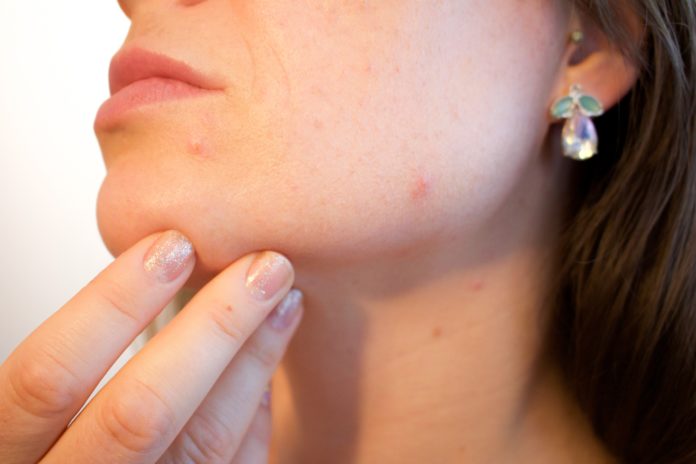Non-antibiotic combinations are being preferred by doctors in long-term acne treatment, finds new research
Physicians are scaling back on prescribing antibiotics for long-term acne treatment in favor of a combinations of therapies, according to new research.
The findings, published in the journal Dermatologic Clinics, surveyed studies on acute and long-term acne treatments over the past decade to identify trends.
“People are more conscious about the global health concern posed by the overuse of antibiotics and that acne is an inflammatory, not infectious, condition,” said Hilary Baldwin, clinical associate professor of dermatology at Rutgers Robert Wood Johnson Medical School. “Overuse of antibiotics also can promote the growth of resistant bacteria, which can make treating acne more challenging.”
Long-term use of antibiotics in acne treatment also is associated with an increase in upper respiratory infections and skin bacteria and was shown to affect a user’s blood-sugar level
Long-term use of antibiotics in acne treatment also is associated with an increase in upper respiratory infections and skin bacteria and was shown to affect a user’s blood-sugar level.
Physicians are increasingly exploring combinations of therapies instead of antibiotics for long-term treatment. Combination of antibacterial medication benzoyl peroxide is often used in combination with topical retinoids (medicines derived from vitamin A). Benzoyl peroxide, which kills the acne-causing bacteria, helps the skin shed more effectively, reduces clogged pores and does not promote resistant acne-inducing bacteria strains.
Although acne is common in teens, it can continue into adulthood, affecting mainly women. The report found that about 50 percent of women in their 20s, one-third in their 30s and one-quarter in their 40s suffer from the condition.
The oral medication spironolactone is particularly effective in women. Spironolactone is typically prescribed for high blood pressure, heart failure and swelling and it is commonly used for disorders related to androgens, a group of sex steroid hormones. Since hormone imbalance can trigger acne, doctors are looking to hormonal therapies, which target androgens in the development of acne and have been shown to be effective, safe and require little continual monitoring. Spironolactone is however, not FDA approved for acne.
The researchers said laser and light therapies and regulating diet also show promise as non-antibiotic alternatives, but more research is needed.
In severe acne, early intervention with the retinoid isotretinoin is effective without antibiotics. “This oral medication is unique among acne therapies in that it has the potential to not just treat acne but to eradicate it. It is 80 percent effective if a complete course is taken,” said co-author Justin Marson of Rutgers Robert Wood Johnson Medical School.
However, the researchers note, antibiotics remain highly effective for moderate to severe cases of inflammatory acne and are approved by the FDA as a supplement to other treatments such as benzoyl peroxide or a topical retinoid.
“Numerous studies have shown that these combinations are fast, effective and help reduce the development of resistant strains of bacteria that causes acne, but the Centers for Disease Control and Prevention recommend that antibiotics be used for a maximum of six months,” Baldwin added.


